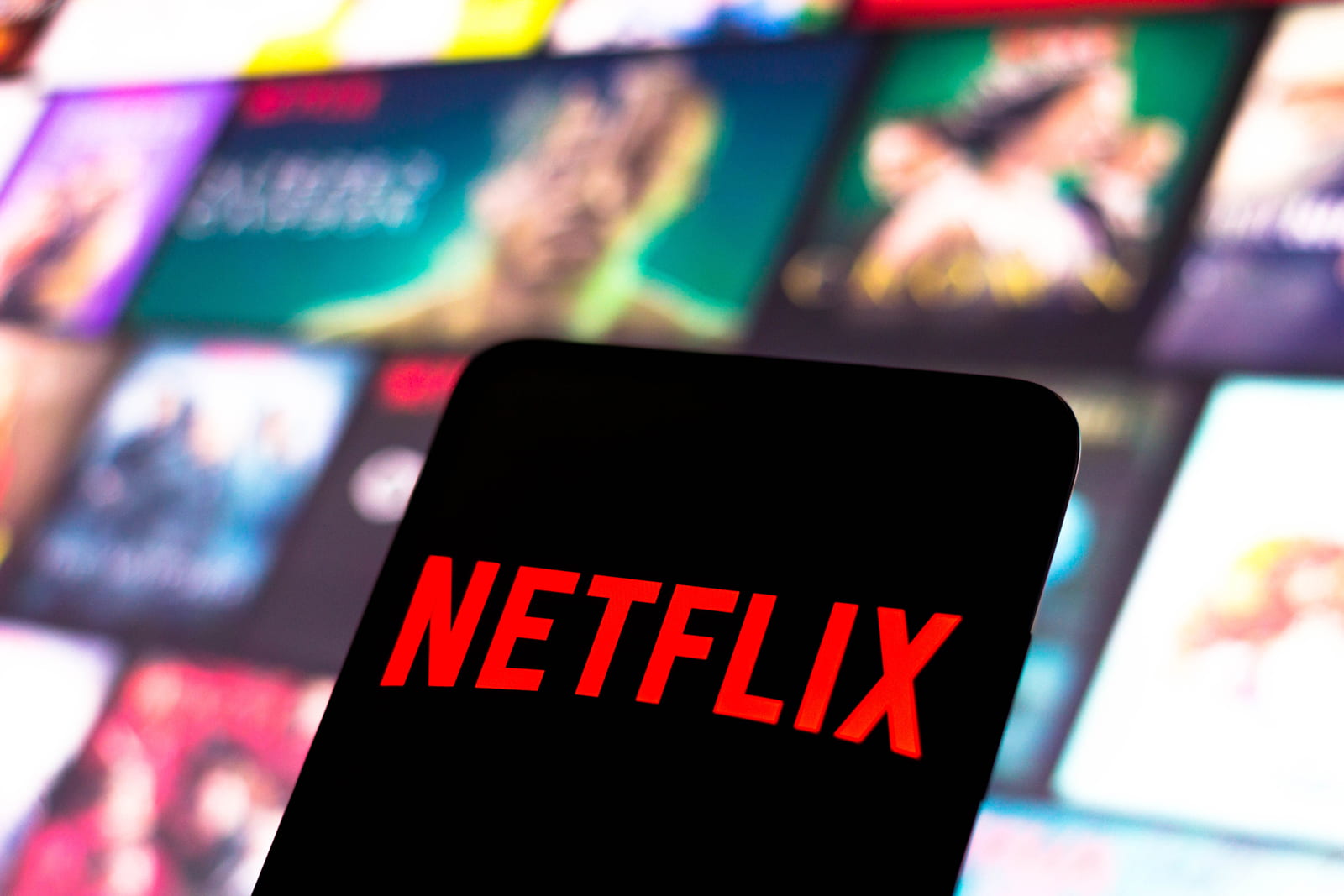
Netflix announced Tuesday that users who share passwords must now pay an additional fee to do so. (Dreamstime/TNS)
After much debate and delay, Netflix announced its campaign against password sharing among users will be enforced starting in mid-to-late June.
The new policy, originally planned to be in effect by the end of March, states users will be charged an extra fee for profiles existing outside of an account’s central location. Traveling will not affect access, and there will be an option to transfer a profile to a new account.
According to Netflix’s website, the initiative will impact over 100 million accounts that share passwords outside of their primary location. Andy Rose, a screenwriter and senior lecturer in Ohio State’s Film Studies Program, said the crackdown is in light of Netflix’s increasing competition from other streaming services.
“The bottom line is, as a consumer, you can only purchase so many streaming services a month,” Rose said. “You have to make a choice as to which ones you want to pay for.”
The new policy could result in a loss of subscribers, Rose said, but Netflix hopes to generally increase revenue, as indicated by the implementation of the same crackdown in foreign markets before targeting the U.S.
“No one really knows yet how this is going to play out,” Rose said. “Netflix was the first and the biggest, but you can’t always stay that way.”
Rose said rival streaming services could use Netflix’s policy on password sharing to their advantage.
“It could become a marketing tool for other streaming services to get you to sign up, and then — of course — once you sign up, people tend to stick with something for a while,” Rose said.
If the crackdown works in favor of Netflix, Rose said other streaming sites, such as Hulu and Amazon Prime Video, might follow suit.
John Jones, an associate professor and director of digital media studies at Ohio State, said he doesn’t believe Netflix will suffer any major subscriber loss due to the additional costs.
“If you like the content on Netflix enough to have an account, you will probably keep having the account,” Jones said.
Jones, also a Netflix user of 15 years, said Netflix’s announcement is in line with major streaming services’ general shift toward locking down media content to prevent sharing and permanent ownership.
“This trend toward ‘everybody has their own accounts’ is part of that larger trend where you can’t own actual copies of media and where you can watch a movie be taken away from you at any time,” Jones said.
Drawing from his personal experience as a screenwriter in the film industry, Rose said the rise of streaming services has had both a positive and negative effect on media consumption and production.
The accessibility to and variety of available film and television has grown as the public increasingly embraces streaming services, Rose said.
“With all these streaming services, a lot more product is out there, which makes it better for writers, better for actors, ’cause there’s more things to do,” Rose said.
However, the streaming services’ distribution model is hurting the movie business, Rose said, as big studios are less willing to take risks on theatrical releases.
“It’s a real problem that we haven’t figured out yet in terms of what the business model will be,” Rose said.
Jones said if Netflix’s new policy does bring an increase in their revenue, it would mean even more money spent by streaming sites on higher quality media, and therefore less product and profits for cinemas.
Some consumers will likely resort to piracy or file sharing in the face of Netflix’s decision. Still, Rose said it’s not all over for traditional cinemas.
“There’s still enough there that people will want to go to the movies, so I don’t think the theater business is ever going to be dead,” Rose said. “It’s just readjusting a bit.”


